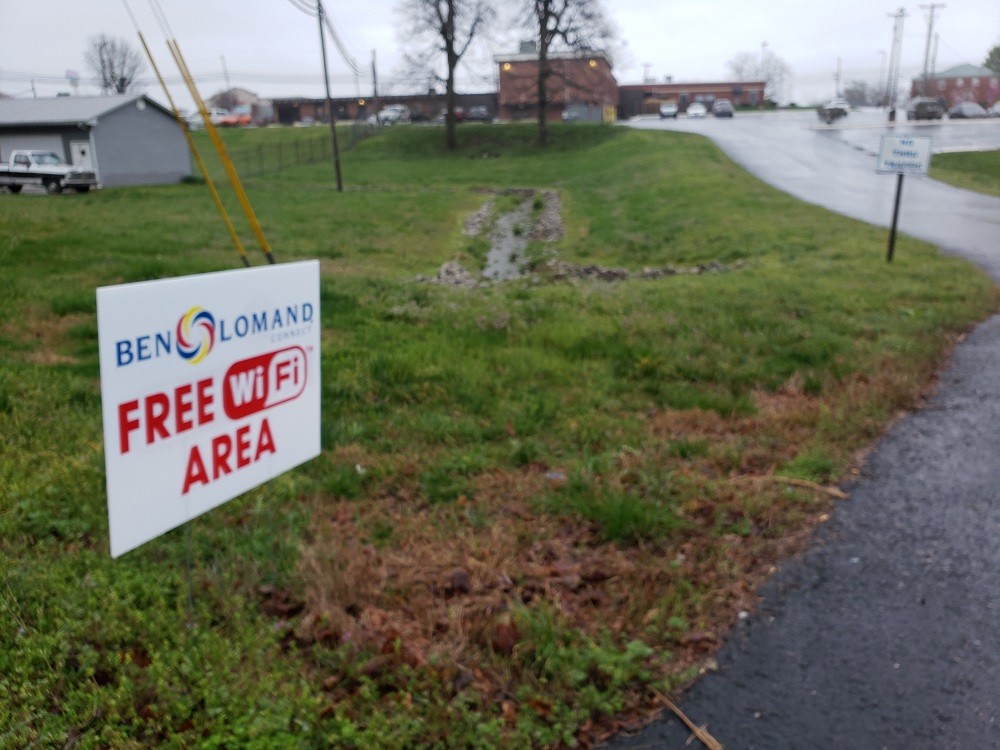NTCA–The Rural Broadband Association represents nearly 850 providers of voice and broadband services offered atop some of the most robust and advanced networks to be found in rural America. As “hometown providers” based largely in the areas they serve, their community commitment in the face of the coronavirus pandemic has been heartening. We estimate that more than half of the signers of FCC Chairman Pai’s pledge to “Keep Americans Connected” were NTCA members—and, in numerous cases, our members have gone above and beyond the terms of the pledge.
Here are just a few ways NTCA members are helping:
- NTCA member providers have worked tirelessly throughout the pandemic to keep rural Americans connected at faster speeds than ever before and to connect many more with creative efforts to deploy networks rapidly and help customers install their own internet safely.
- Our members have set up Wi-fi hotspots outside hospitals, libraries and community centers and worked with schools to make sure students and families have the connectivity and equipment necessary for virtual learning.
- NTCA is collaborating with Digital Bridge K-12 to help rural broadband providers and school districts across the country work together to make sure that every student who has an Internet connection at home can make good use of it by connecting NTCA member broadband providers with local school systems, who will take on bulk procurement of home Internet access for those students living in homes that do not already purchase services.
- NTCA and Teladoc Health, the global leader in virtual care, partnered to bring behavioral health services to more than 40,000 individuals enrolled in NTCA’s Group Health Program (GHP) medical plan at a time when the country is seeing a heightened need for mental health services
The following are just a few examples of NTCA members' efforts to get and keep homes, schools, libraries, and medical facilities connected in rural America:
- Big Bend Telephone (BBT) (Alpine, Texas): BBT Engineering developed a solution to extend school districts’ networks to students’ homes in a scaled back temporary installation package that provides synchronous connectivity and basic home Wi-Fi. The student experience completely mimics the classroom without actually being in the classroom. All of this has been provided at no cost to the school district or the students’ families.
- Rainbow Communications (Everest, Kan.): Rainbow Communications has installed 30 community Wi-Fi hot spots throughout its service area that provide free internet access to students. The company also increased the internet plans at the local libraries to accommodate higher usage demand and has worked with school districts to identify and promote improved access for students in need at home.
- NineStar Connect (Greenfield, Ind.): NineStar Connect connected a COVID-19 triage clinic in just three days – a process which usually takes weeks. NineStar also partnered with the hospital to offer customers e-visits to serve more people and reduce risk of infection.
- Consolidated Telephone Company (CTC) (Brainerd, Minn.): To maintain proper social distancing, CTC created “Broadband in a Box” where a CTC technician will complete preinstallation tasks outside of the premises and then leave a self-installation kit on the customer’s doorstep to allow for completion of the activation work. The standardized kit includes step-by-step instructions on how to complete installation and other helpful resources.
- Scott County Telephone Cooperative (SCTC) (Gate City, Va.): SCTC is upgrading broadband connections for any customer with students and/or teachers in the home. The company is also upgrading any displaced workers for free. Additionally, SCTC set up Wi-Fi at 12 locations to provide free access for school age kids, and available to use by all.
Looking for more information? Contact us.

